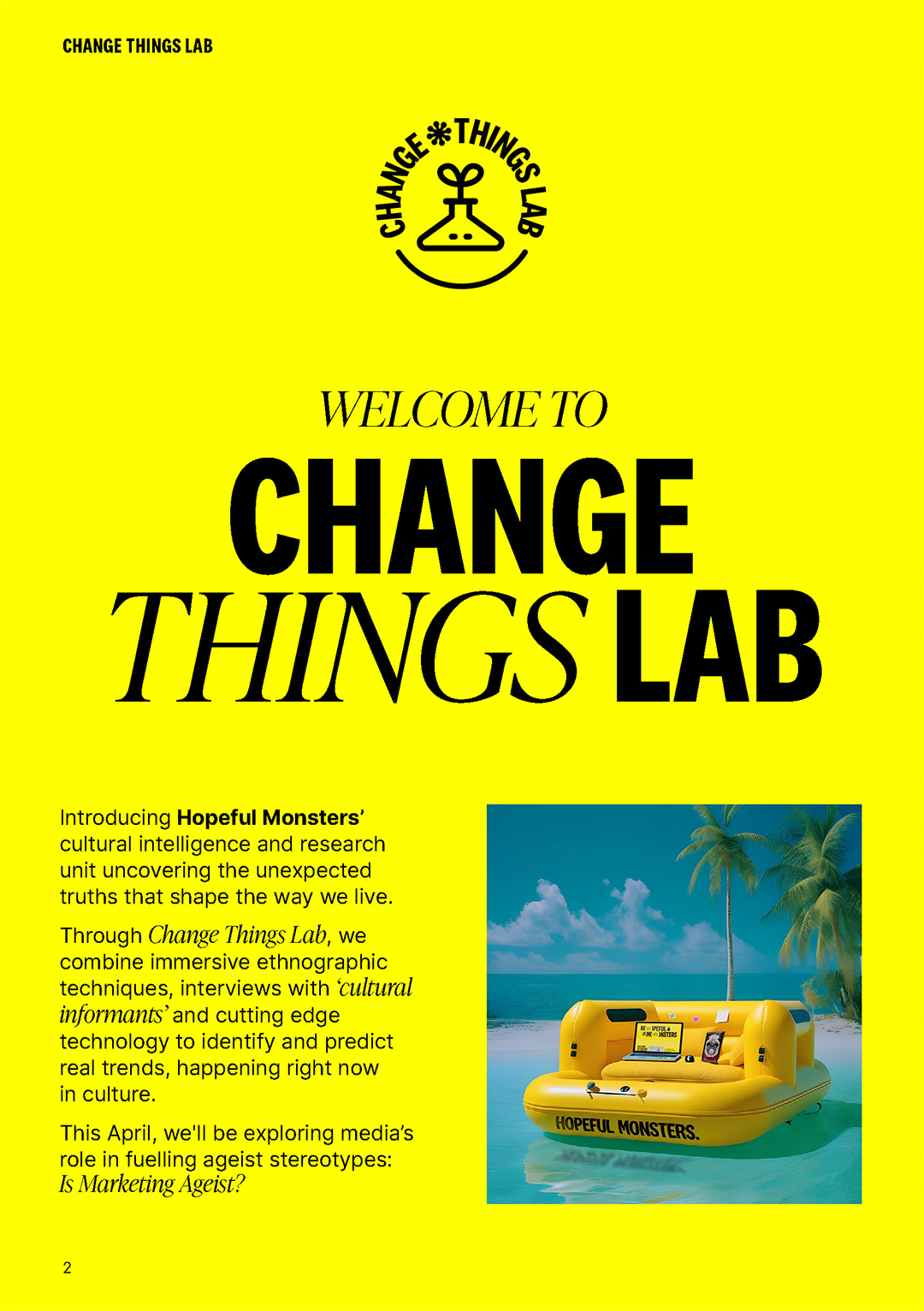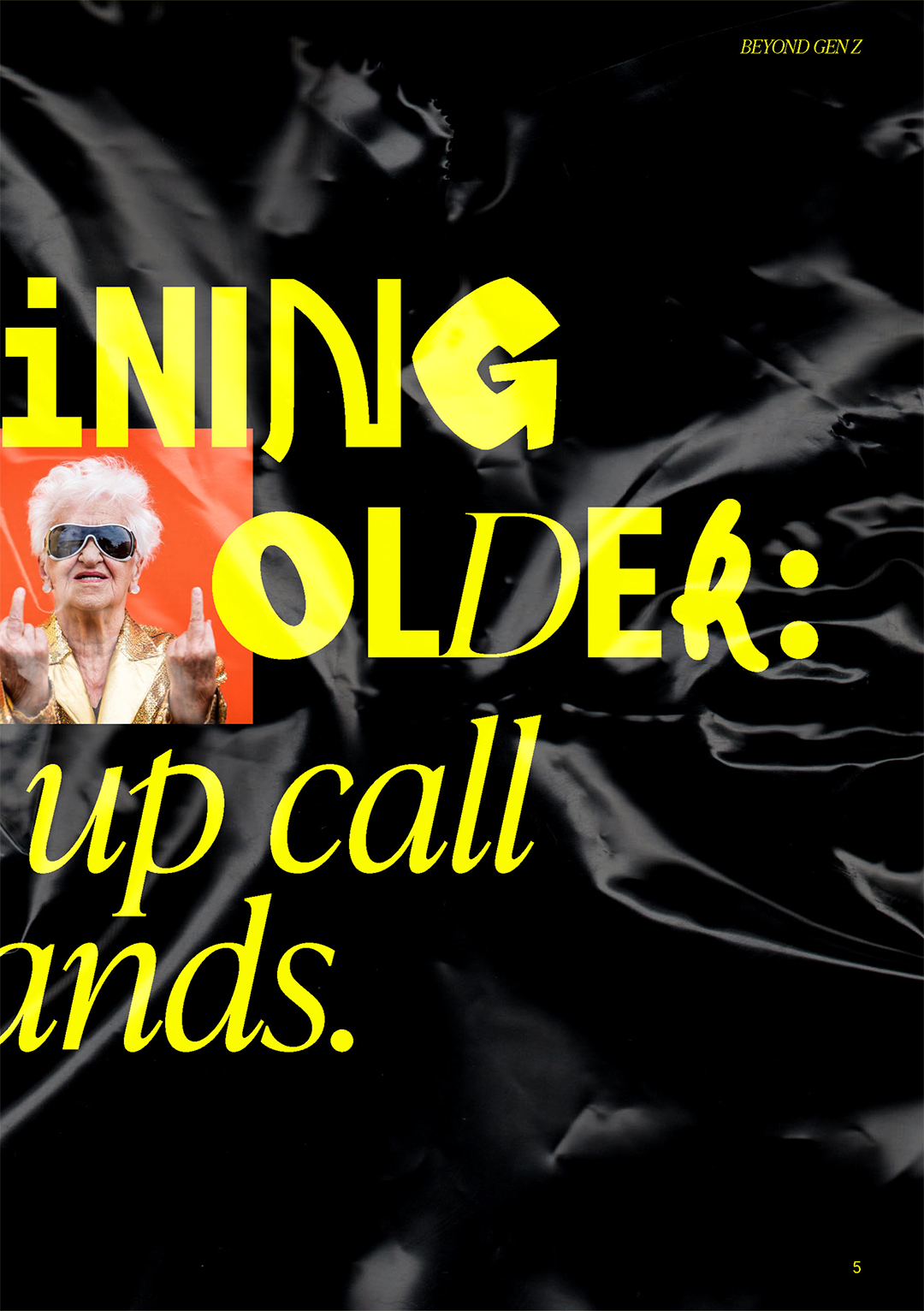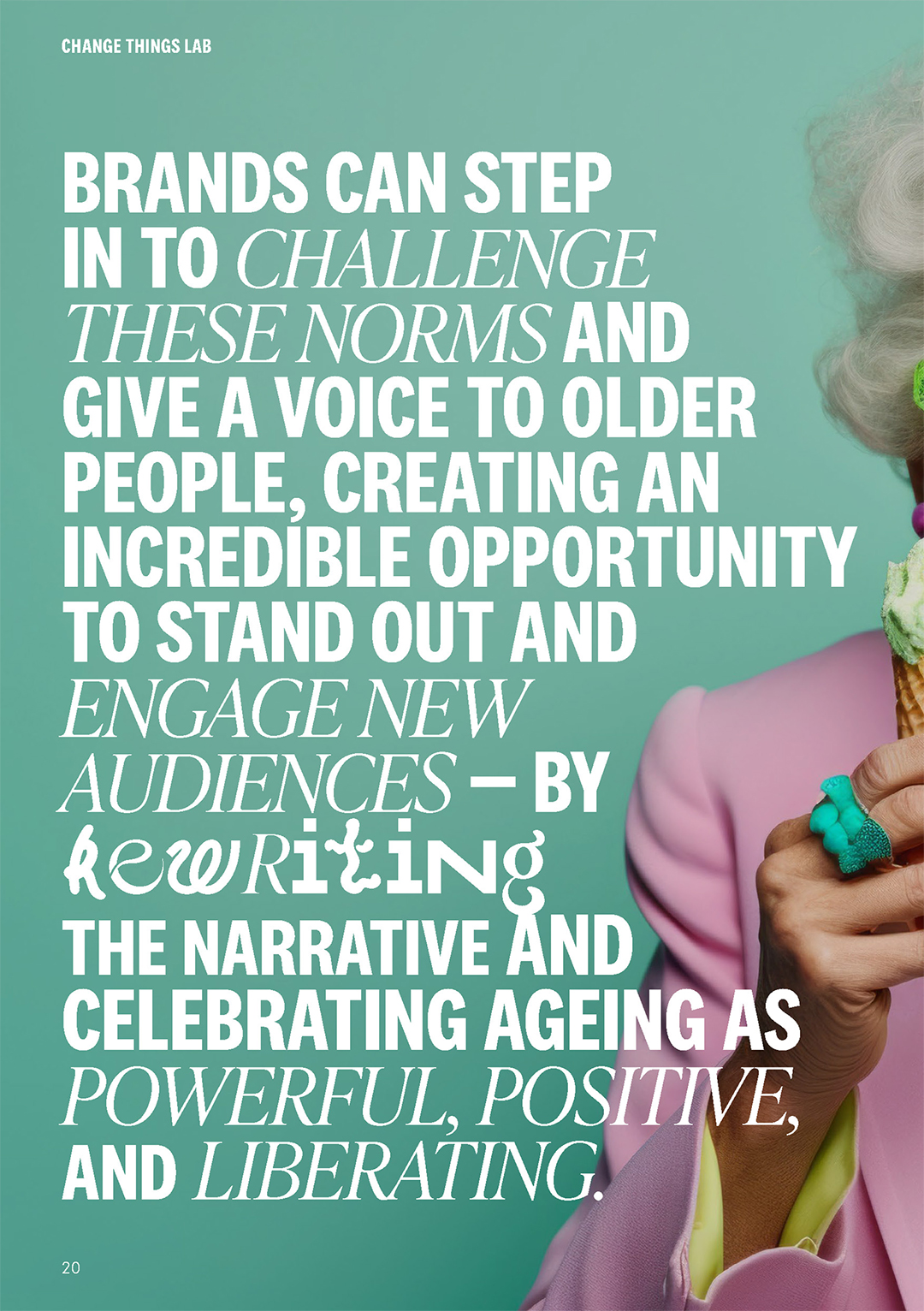August 13, 2025
Picture this.
A warm summer’s day. Car seat leather hot from the sun.
Windows down, wind in your hair…when you hear a pop and a low whistling noise.
Suddenly, the wheels feel uneven and the flap of rubber echoes through your open window. You’ve got a flat tyre.
You climb out, stand on the side of the road, and stare at the deflated wheel. Without missing a beat, you pull out your phone, open Google Maps to find the nearest Bob Jane T-Mart, then flick over to YouTube for a quick refresher on how to use the bundle of tools hidden under the carpet in your boot so you can pop on the emergency spare and make your way there (and yes, this might just be based on a recent personal experience).
All the information you’d ever need to solve just about any problem, right there in your hand. Right there in the cloud. But what if one day it wasn’t?
A 2024 survey found that more than 1 in 3 Australians can’t change a flat tyre without help or an online tutorial. In fact, without the knowledge of the world at our fingertips, how many of us could complete basic tasks without digital assistance?
Ask yourself: do you know how to drive a manual car, wire a basic electrical circuit, start a fire without firelighters, or even purify water so it’s suitable to drink? Or how about just memorising phone numbers? Hell, if I’m being honest, I don’t even know my fiancé’s mobile without checking my contacts (but I can remember my primary school best friend's landline).
Most of our knowledge isn’t really ours anymore. It lives *out there*, floating in the digital ether, instead of in our heads.
Now I get it, this might sound a little dramatic. But there is an argument to be made that we’re slowly forgetting how to function. We’re nimble with our screens and devices, but clumsy in real life. The minute we face a roadblock, we reach for our phones instead of using our brains.
And this isn’t just about basic life skills. Sure, there’s our inability to cook ‘Marry Me Chicken’ without following a 30 second TikTok tutorial, but it’s also about deeper human knowledge and connection - I’d wager that you’re lying if you’ve never googled or Chat GPT’d how to navigate a conflict with your partner, friends, or even your coworkers.
We don’t necessarily know how to do things anymore, but we sure know how to search for them. And this is arguably a worrying shift. We’re now at the mercy of digital platforms that could very likely disappear.
And as history shows, this wouldn’t be the first time.
The current runs deep. This digital world that we rely so heavily on could also be contributing to our mental downfall. Creativity has become a churn, built for algorithms where we’re encouraged to create, react, repeat and continue this cycle hour after hour, day after day. Content for the sake of content is rife with everyone mass-producing in the hope that something sticks.
It’s not that there isn’t good creative work out there, in fact I’d argue more than ever before, but it’s that most of it is lost in an overwhelming tidal wave of photos, videos, writing, brand campaigns etc. Lost in the scroll as quickly as it was created.
It’s been a slow decline, but it does feel like we’ve slid into the pit of cultural burnout, with a dark age waiting for us at the bottom.
We’ve seen two ‘dark age’ periods in our history, the most notable after the fall of Rome. While there’s plenty of scholarly debate about just how ‘dark’ those ages really were, it’s clear that society suffered, and economic, intellectual and cultural knowledge stagnated. But as we know, from this came the Renaissance. A revival of what had been lost, and along with it a flourish of new ideas.
Think Gutenberg’s printing press. Before it, knowledge was locked away in monasteries, handwritten by monks and accessible to almost no one. But after it? Writing could be mass-produced, literacy surged, and ideas spread.
And that’s the cycle, we fall, but we always rise back up.
Now I don’t think our next renaissance will look like leaps and bounds in AI and tech. If anything, we’ll rebel and go in the complete opposite direction.
Think; slower processes, deeper thinking and more value placed on creative authorship. We’ve already started to see it - a growing mis-trust of AI, Gen Zer’s turning their smart phones into ‘dumb phones’, the quiet resurgence of zine culture, more and more photographers adopting analog photography, or even the rise of ‘slow journalism’ challenging the speed at which we expect to consume news, taking a more considered approach.
For the record, I’m not saying it’s all doom and gloom. I don’t think there’s a need to dedicate hours building up your knowledge of edible plants or invest in a hand-crank radio (despite some of the recent ‘zombie apocalypse’ plans I’ve been throwing around the office), but it doesn’t hurt for us all to be a little more conscious of our practical skills as well as our intellectual and creative instincts.
Our renaissance won’t be about abandoning the internet completely (because that’s just unrealistic and it has done us a world of good). But it will be about reclaiming knowledge, creativity and curiosity, the parts of ourselves that we truly don’t need to outsource.
So perhaps our impending dark age shouldn’t be approached with fear, but instead seen more as an opportunity. In a world burning itself out trying to create something that cuts through never-ending digital noise, be like Gutenberg. What’s our next printing press?
























